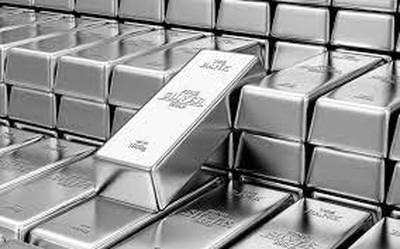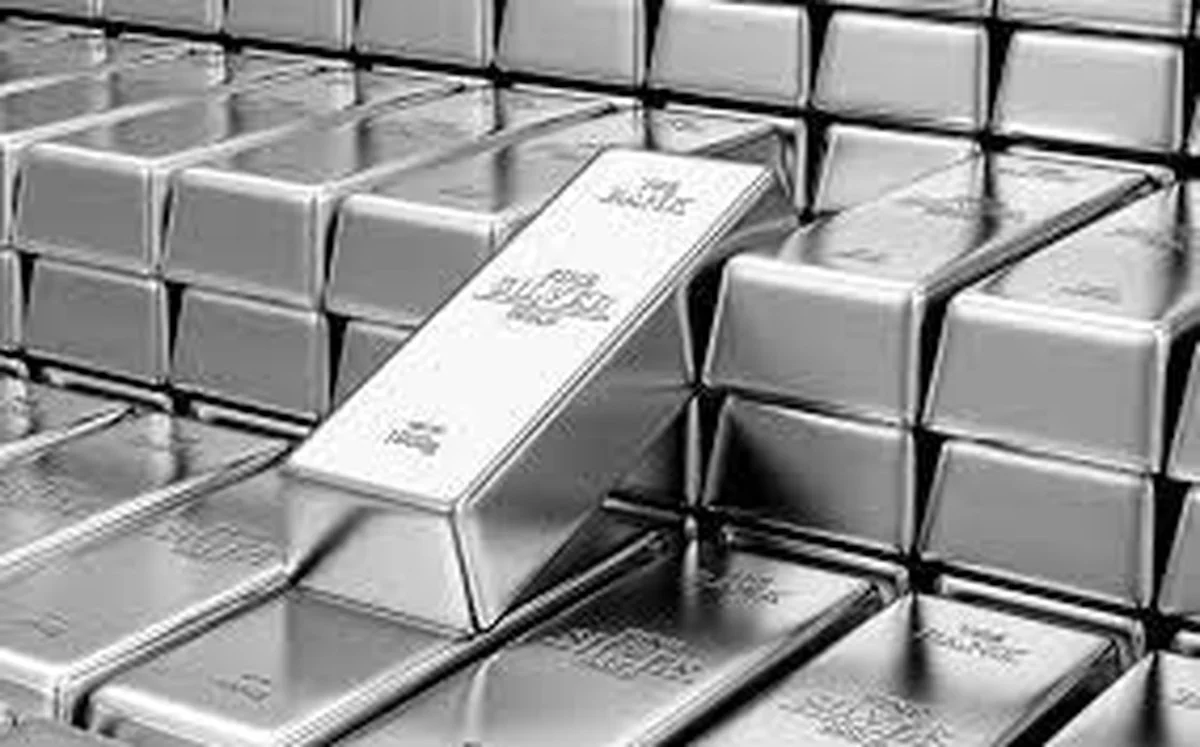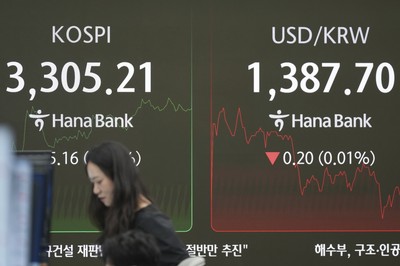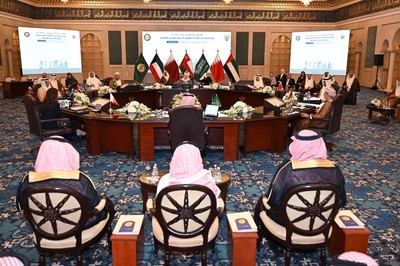KUWAIT CITY, April 27: Kuwait’s metals and jewelry market is currently experiencing a growing demand for silver bullion, according to two industry specialists. The trend, driven by various factors, is attracting both investors and consumers looking for ways to preserve value and seek future returns.
The surge in silver’s popularity comes as geopolitical and economic events accelerate, coupled with record-high gold prices. Many are turning to silver as a more affordable alternative to gold, which has become out of reach for smaller investors due to its high cost. Both specialists emphasized that silver, which tends to follow gold’s price movements, offers a more gradual increase, making it a viable long-term investment. However, they noted that investing in silver requires patience, with a minimum holding period of two years to see tangible returns.
Mohammed Fadel, General Manager of Dabla Jewellery Company, highlighted the emerging trend in the Kuwaiti market, with a growing number of citizens and residents purchasing silver bullion for investment purposes. The recent record highs in gold prices—reaching 35,000 dinars per kilogram—have sparked interest in silver as a more accessible option for those looking to invest in precious metals without the need for substantial liquidity. Fadel noted that silver presents an attractive option for young people and new investors who may not have large amounts of capital.
While silver offers a less expensive alternative, Fadel cautioned that silver’s price rise is much slower than gold’s, and liquidating silver may not be as quick as selling gold. Despite this, he stressed that Kuwaitis are becoming increasingly aware of the benefits of diversifying their investment portfolios, which has led to a noticeable rise in silver demand. Silver bars, ranging from 1 kilogram to 12 kilograms, are in particular demand. The current price for a 999 purity silver bar is 360 dinars per kilogram, while a 999.9 purity bar is priced at 380 dinars per kilogram.
Fadel also revealed that Dabla Jewellery has seen a significant increase in inquiries about silver investment in recent months, with sales of silver bullion doubling compared to the previous year. To meet the rising demand, the company is expanding its selection of silver products.
Metals market analyst Nasser Al-Attar also pointed to several factors contributing to the rising popularity of silver, particularly the geopolitical and economic uncertainty that has led investors to seek safe-haven assets. Historically, gold has been the go-to refuge during times of crisis, but its high price has pushed many to look for alternative options. Al-Attar emphasized that silver provides an affordable way to preserve wealth, making it an attractive choice for individuals with more limited financial resources.
Industrial demand for silver has also played a crucial role in driving up its price. Sectors such as technology and renewable energy are increasingly relying on silver, boosting its value and further supporting its position as a promising investment. The continued industrial demand, Al-Attar noted, is a key factor in the expectation of further price increases for silver in the coming years.
Despite the growing trend, Al-Attar pointed out that investing in silver comes with its own set of challenges. Unlike gold, which experiences sharp price increases, silver’s price rises are typically slower and less dramatic. Additionally, reselling silver is more difficult than selling gold, and the silver market lacks the regulation and structure found in the gold market.
For those considering silver as an investment, Al-Attar identified three key disadvantages:
Slower Price Increases: Silver’s price appreciation is typically more gradual and less pronounced than that of gold.
Reselling Challenges: The process of selling silver is not as straightforward as gold, which may deter investors seeking quick liquidity.
Lack of Market Regulation: Unlike the gold market, silver trading is less regulated, which can pose risks for investors.
While silver offers promising long-term potential, experts agree that it is best suited for investors with a patient, long-term approach. As demand for silver continues to rise, it remains a viable option for diversifying investment portfolios, particularly in times of economic and geopolitical uncertainty.

 Latest News15 hours ago
Latest News15 hours ago
 Politics24 hours ago
Politics24 hours ago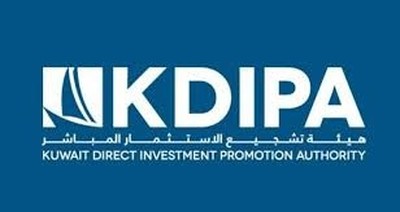
 Business24 hours ago
Business24 hours ago
 Latest News16 hours ago
Latest News16 hours ago
 Latest News13 hours ago
Latest News13 hours ago
 Latest News12 hours ago
Latest News12 hours ago
 Business20 hours ago
Business20 hours ago
 Latest News6 hours ago
Latest News6 hours ago
